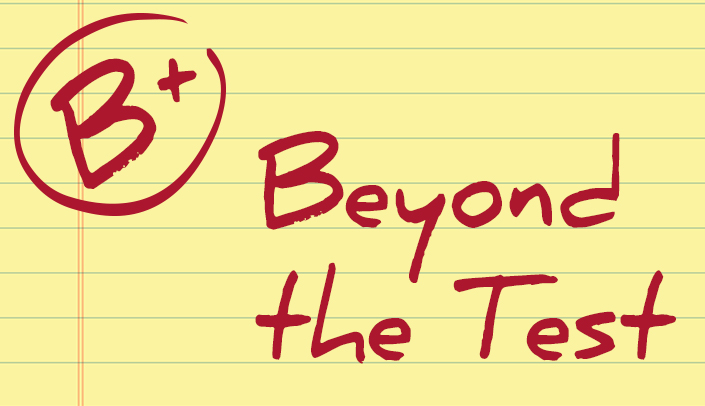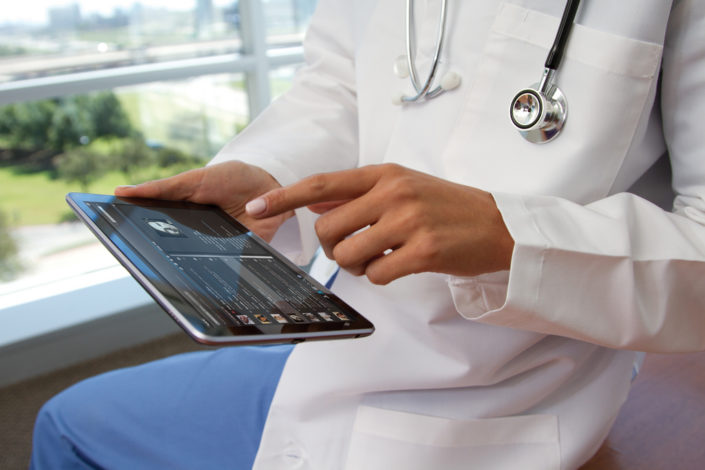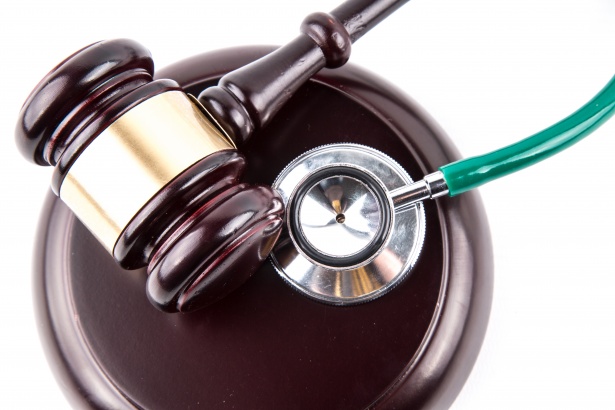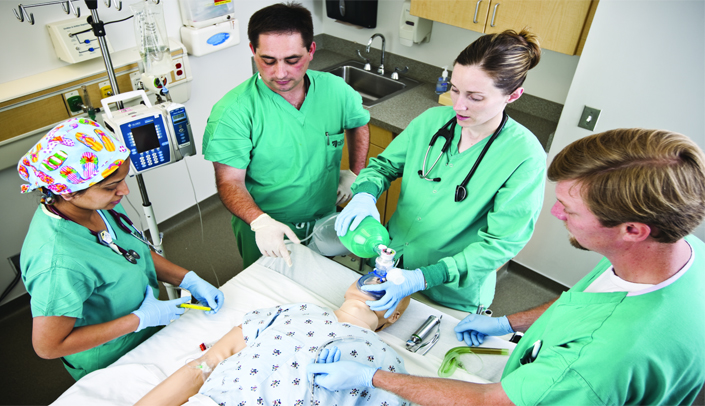Category: Teaching and Learning
Beyond the Test: Ways to Assess Before It’s Too Late
New curriculum requirements. New accrediting guidelines. Education through simulation. Teaching in the clinic. These are all changing the way faculty need to approach assessment. No longer are traditional, high-stakes multiple choice exams the sure-fire way to know where students are struggling. But how is a faculty member supposed to make this shift? Are there ways […]
Feb 9, 2017

Using iPads in Health Science Education
Technology can be a valuable ally in the classroom. Faculty and students are taking advantage of the power of iPads to make education more interactive, impactful, and ultimately easier to manage. The capabilities that tablets possess are astounding, with applications that streamline note-taking, create charts and graphs, host collaborative workspaces, and so much more — all […]
Dec 21, 2016

Legal Implications for Teaching
The legal responsibilities and guidelines for teachers can sometimes seem overwhelming. This enlightening development seminar provides you with an easily digestible and understandable look at the legal roads that responsible educators must travel. Participants are asked ethical questions and given scenarios that can often be found in educational environments, resulting in emergent problem-solving techniques in […]
Dec 21, 2016

Flipped Classroom in Health Professions Education: Expanding Interactive Learning at UNMC (2-Part Series)
FLIP Seminar: Part One Student needs are changing and as a result, teaching needs to change as well. The topics covered in the first part of the FLIP seminar include reworking curriculum institution-wide and also the structure of curriculum at a classroom scale. Key Presenters: Mary Lee, MD, MS, FACP — Presentation: Leading Institutional Change Adam Persky, […]
Dec 21, 2016

Developing Strategies for Teaching in the Health Profession
To develop better education strategies, you have to reflect on both yourself and your methods of teaching. Breaking down your own expertise in the field and putting yourself on the same level as your students is the first step in focusing on a learner’s needs. “Being a good teacher is not being an expert at […]
Dec 12, 2016

Is Outcomes-Based Education Different from What We're Already Doing?
Looking at curriculum delivery, what is the most effective strategy for giving students the best education possible? With a background in economics, Dr. Hugh Stoddard works his knowledge into a session on outcomes-based education. He creates simple but effective models and explanations for the creation of an education system, taking you step-by-step through how the outcomes-based […]
Dec 12, 2016

Assessment in Health Care Education
The word, “assessment,” can be a vague and misunderstood term in education, especially when the standard model of higher learning is centered around a “culture of assessment.” But, what is a culture of assessment? What does this give us as educators and part of an institution? Where do evaluation, accountability, feedback, and accreditation fit in […]
Dec 12, 2016

Principles of PBL (part 2 of 2)
It’s the journey to a diagnosis that matters, not the final diagnosis itself. Problem-based learning, or PBL, helps give students a memorable, integrated, and clinically relevant acquisition of knowledge. Commonly used as a hybrid approach in conjunction with other teaching styles, PBL reinforces material as an active-learning tool. It’s used to digest information, synthesize the […]
Dec 12, 2016

Principles of PBL (part 1 of 2)
It’s the journey to a diagnosis that matters, not the final diagnosis itself. Problem-based learning, or PBL, helps give students a memorable, integrated, and clinically relevant acquisition of knowledge. Commonly used as a hybrid approach in conjunction with other teaching styles, PBL reinforces material as an active-learning tool. It’s used to digest information, synthesize the […]
Dec 12, 2016

Active Learning
“We are teaching adults, not children.” Adults learn how they want to learn. There are many factors that go into adult learning that are very different from how a child learns. This seminar gives details on the facets that make up the adult styles of learning and how you, as an educator, need to be […]
Dec 12, 2016

Have questions or want to become a contributor? Email us.